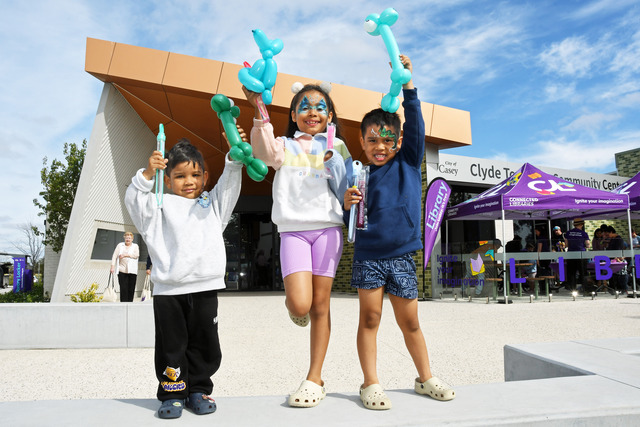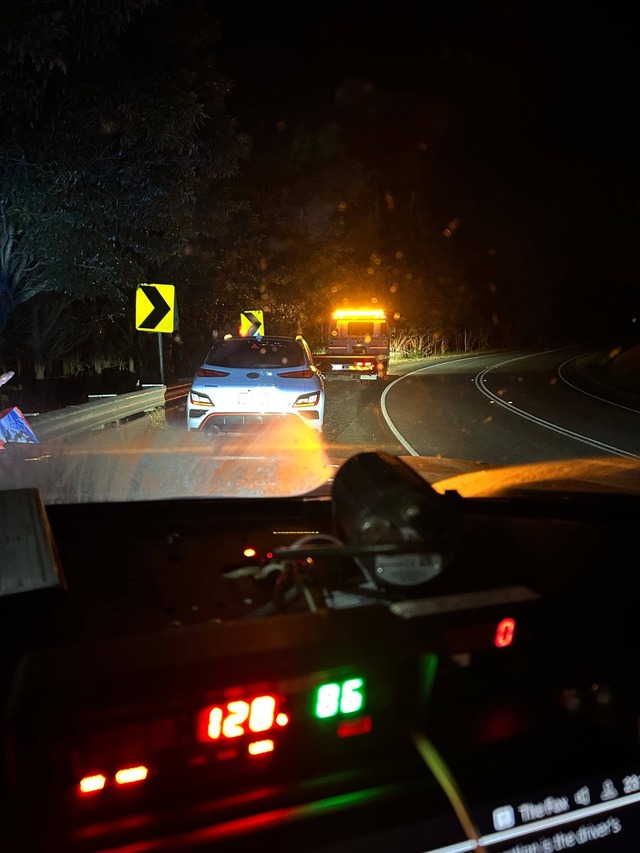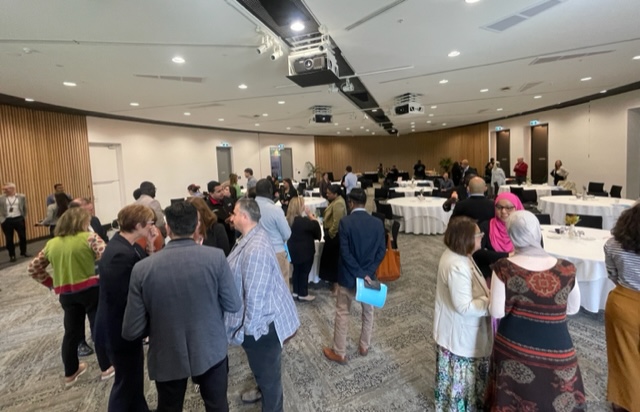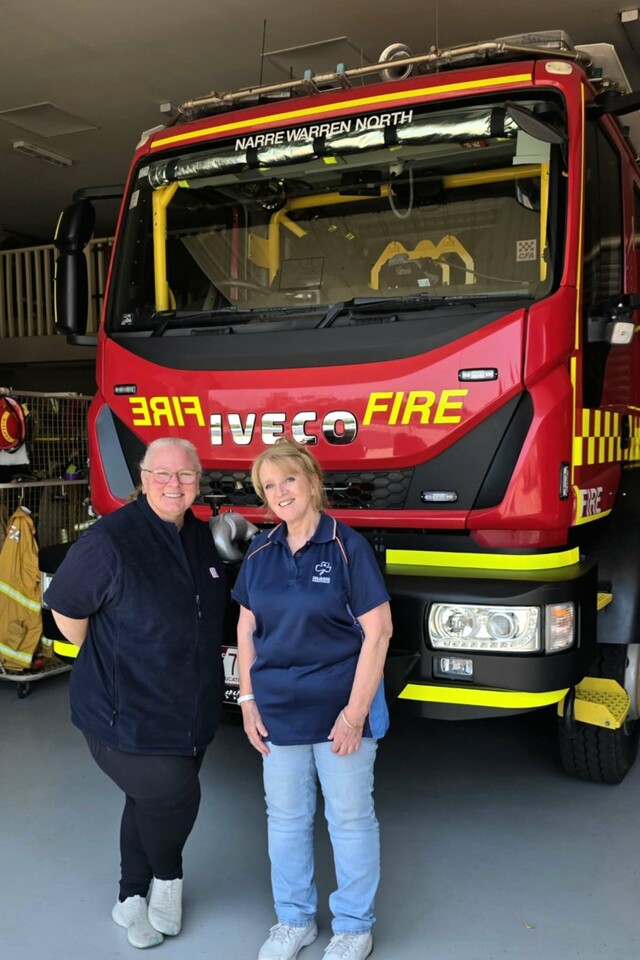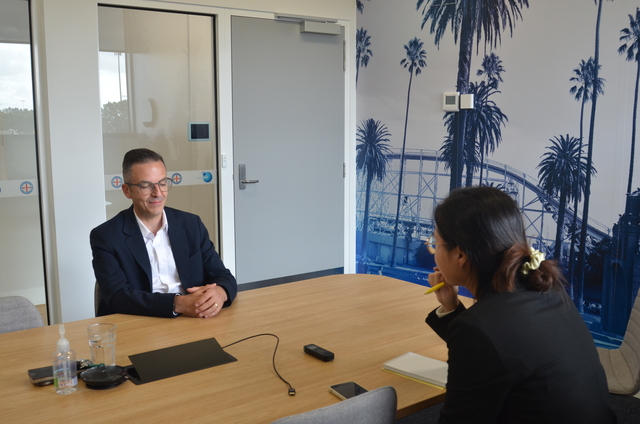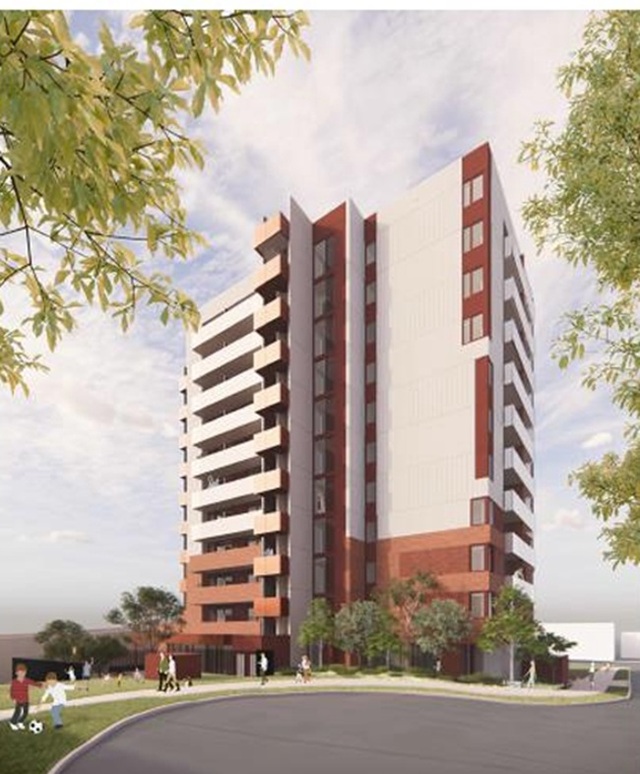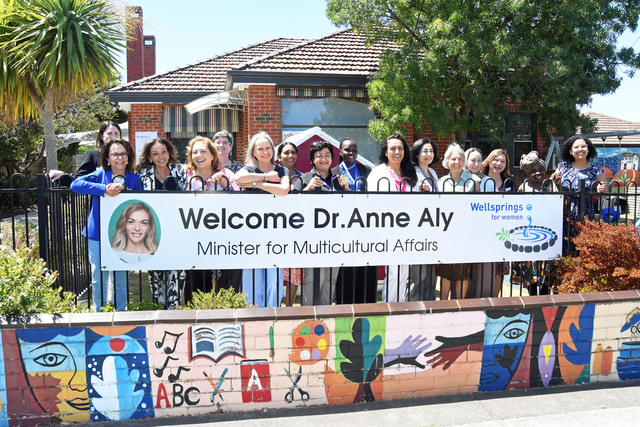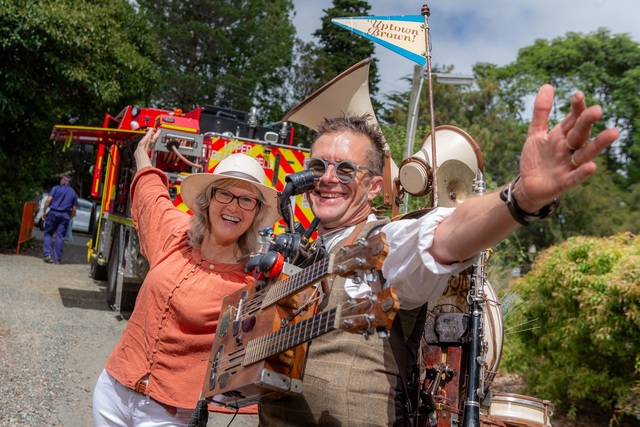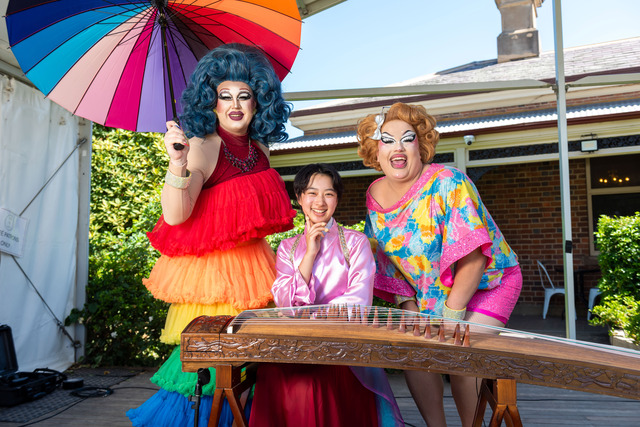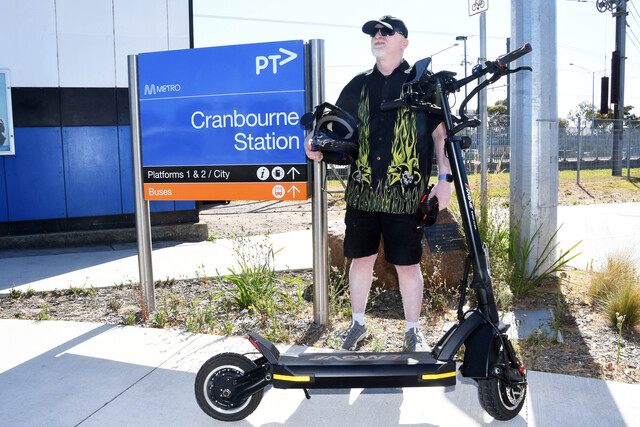There was a sense of pride in the room as the first Nuba Mountains Youth National Conference got underway – pride in the fact that dozens of people from different backgrounds had come together to share their knowledge on a topic that has, for many in the South Sudanese community, caused distress and confusion.
Held at Bunjil Place on Saturday 1 February, the conference focused on youth and parents, in particular providing African youth with motivation and outlets for success.
It was organised by the Nuba Mountains International Association of Australia – Victoria Inc.
Speakers were drawn from various industries and walks of life to provide examples of what success could look like and highlight the opportunities on offer in Australia.
A highlight was its showcase of the voice of young people, with youth taking a starring role on the stage as presenters, MCs and entertainers.
The scene was set when the Nuba Mountains Youth Dancing Group welcomed guests and delegates with a traditional dance.
This was followed by a presentation by Dr Joseph Younis, a researcher at the Australian National University, on what the path to success could look like.
He spoke of the limitations that people from disadvantaged backgrounds can face, and the challenges they might encounter as they start life in a new country and culture, including drug and alcohol use.
Addressing parents, he acknowledged the difference between their own background and English language skills, and those of their children, which he said could lead to conflict between generations.
Expectations could differ between generations too, with parents expecting their children to become doctors or lawyers while the children themselves were more interested in other areas, he said.
A panel representing Nuba youth then offered insights from their own age group and gave their companions advice on three topics: the legal system, including the need to understand how it works and to develop a truly representative system; the importance of education and employment; and culture and values.
Dr Melika Yassin Sheikh-Eldin, international and development manager at AMES Victoria, spoke about how women in the African community can be a role model and support for children and young people, and encouraged parents to get the right information and support.
Later, Haroun Kafi zeroed in on the gap between younger generations and their parents.
“He claimed that … the gap sometimes is a problem,” said Mohamed Mougadam, board member of Afri-Aus Care and representative of the NMIAA.
“He called for youth to respect their parents. The gap won’t break down without mutual understanding. They have to stick together.”
Mr Mougadam said it was a privilege to have academics and community leaders act as role models for youth on the day.
“They give youth ideas, and now the youth are very keen to go forward,” he said.
The feedback from parents had been particularly positive according to Mr Mougadam, with many joining a call for more cultural activities and sports to provide entertainment and diversion for youth.
“The reason why the youth engage in bad activities is because they don’t have places to go, so they go to the streets. To pull them together we have to create more activities,” he said.
“We’re trying to direct youth positively.”


